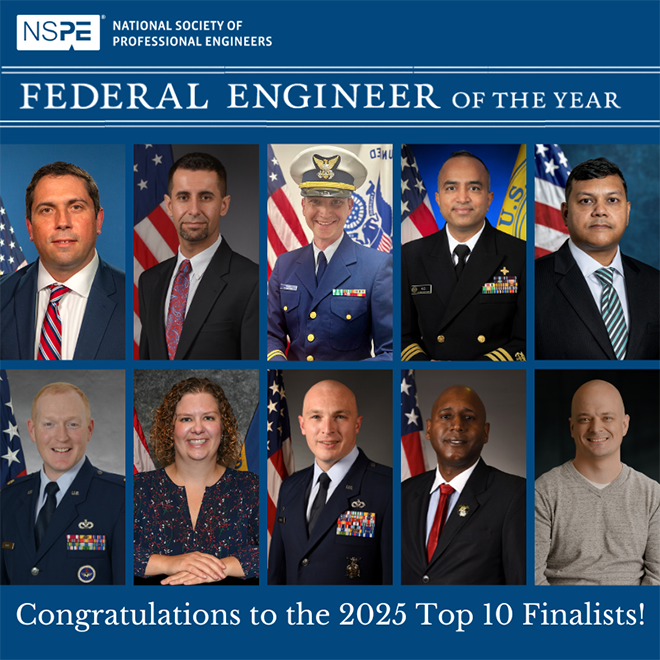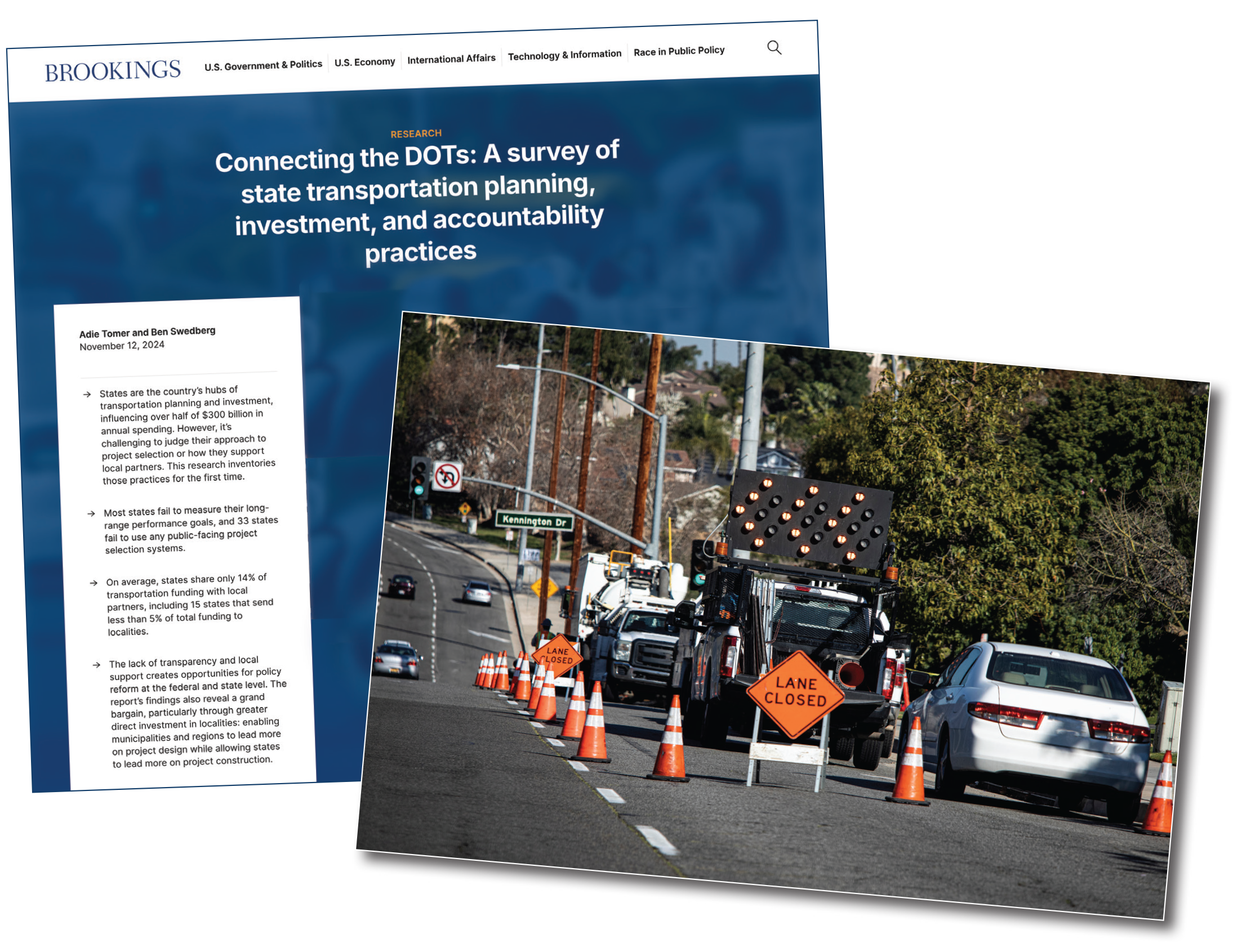March/April 2018
Communities: Education
Concern for Licensure, Other Implications As Two Schools Drop Chemical Accreditation
 “Is it time to leave behind chemical engineering accreditation?” questioned an article in December’s Chemical and Engineering News. The American Chemical Society magazine headline arose out of the decisions by Caltech and Stanford University to not renew the ABET accreditation of their chemical engineering programs.
“Is it time to leave behind chemical engineering accreditation?” questioned an article in December’s Chemical and Engineering News. The American Chemical Society magazine headline arose out of the decisions by Caltech and Stanford University to not renew the ABET accreditation of their chemical engineering programs.
The moves come with implications for licensure, since state requirements for earning the PE often stipulate that a candidate have graduated from a program accredited by ABET’s Engineering Accreditation Commission; graduates from unaccredited programs may need to prove those programs’ equivalence.
NSPE’s Position Statement No. 1737, Licensure and Qualifications for Practice, encourages that all jurisdictions establish the bachelor’s degree in engineering from a program accredited by ABET/EAC or one assessed by ABET/EAC as substantially comparable as the basic educational requirement for licensure. NSPE Deputy Executive Director Arthur Schwartz noted the rigorous requirements of accreditation in the Chemical and Engineering News article, stating, “We would not be in favor of moving away from the ABET requirement for licensure.”
In September, Caltech’s chemical engineering faculty published an open letter on their decision that cited the need for increased flexibility to offer relevant elective courses or independent research versus an “excessively structured curriculum.”
And Stanford’s chemical engineering department chair Eric Shaqfeh pointed to the cost and effort necessary to maintain accreditation in the Chemical and Engineering News article. The schools were not concerned about students’ licensure potential. Only 0.3% of Caltech chemical engineering undergraduates have received their PE license since 1993, according to the article.
But ABET stresses that previous changes to its engineering criteria (known as EC2000) that focused them on learning outcomes also enabled greater flexibility.
In addition, ABET Executive Director Michael Milligan, P.E., points out that an important part of accreditation is confirming continuous improvement. “There is some mechanism in place to ensure the quality of the program,” he says. “Without us doing that, there’s no third-party verification at all.”
Accreditation helps ensure that programs prepare students with the knowledge and abilities to address the world’s challenges, he says. That includes skills such as the ability to communicate, understand ethics, and grasp how design affects sustainability. These are key components of being a professional engineer and, more generally, a professional, Milligan notes.
He emphasizes that if engineering criteria are not meeting the needs of schools, they could work with their representative society—in this case, the American Institute of Chemical Engineers—to address that.
Milligan is concerned about implications for students who may not understand what the break from accreditation means to them long-term, whether for licensure or employment. Many employers require that students graduate from accredited programs, he says. “In general, the students probably don’t know the impact this has on them until it’s too late.”
NSPE member Adrian Brown, P.E., who earned a BS in chemical engineering and an MS in environmental engineering, posted his concern about these changes in the Open Forum of NSPE’s online Communities. Brown, the owner of an environmental consulting firm, later elaborated that he felt the discontinuation of accreditation sends the wrong message to the public. “Professional accreditation should matter,” he says.
With the caliber and resources of these institutions, “why not work to continually improve the ABET accreditation process?” Brown asks. “To whom much is given, much should be expected.”
The professional engineer explains that he was able to take the PE exam in Nevada before gaining the traditional four years of experience and then obtain expedited reciprocal licensure approval in Louisiana and Florida because his degree was accredited. He believes if that hadn’t been the case, his path to licensure would’ve been “arduous.”
And NSPE Past President Tim Austin, P.E., F.NSPE, sees the Caltech and Stanford decisions as part of the growing threats to professional licensure, a topic NSPE has been sounding the alarm about. “Licensure could well be headed out the door in the near future if this line of thinking gains momentum,” he wrote in the Communities discussion. “If the widely regarded ‘elite’ programs believe that they know best in what it takes to educate and prepare engineering students under the guise of modernization, then it’s only a matter of time before the political winds of change start blowing in gusto. It would be naïve to think otherwise.”
Access the discussion on the Open Forum. Learn more about NSPE’s work on licensure threats.


 Volunteering at NSPE is a great opportunity to grow your professional network and connect with other leaders in the field.
Volunteering at NSPE is a great opportunity to grow your professional network and connect with other leaders in the field. The National Society of Professional Engineers (NSPE) encourages you to explore the resources to cast your vote on election day:
The National Society of Professional Engineers (NSPE) encourages you to explore the resources to cast your vote on election day:




